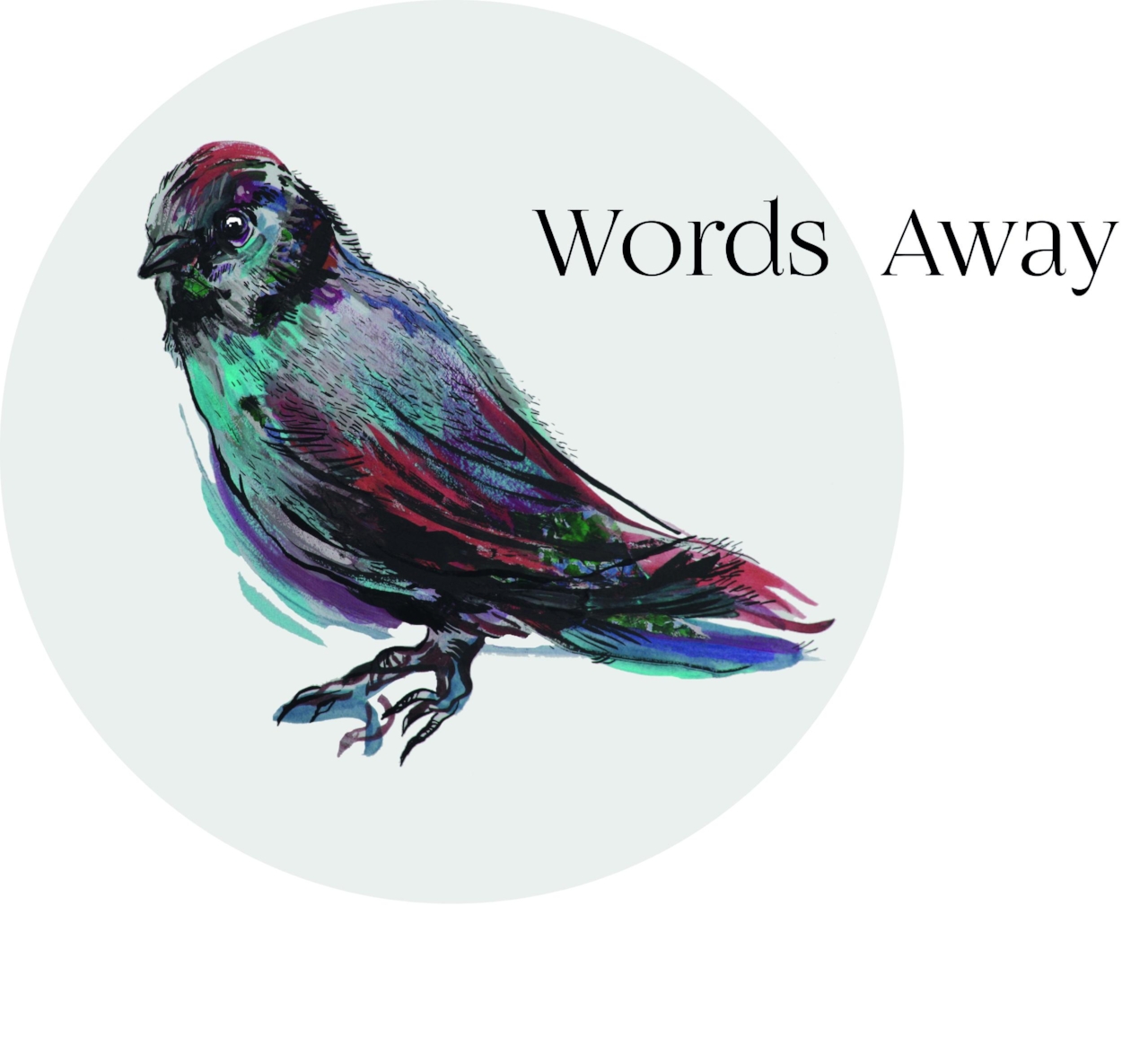Last Monday night we enjoyed a cracking evening with guest author Elizabeth Fremantle joining us for the Salon. A stage had appeared at the Tea House, complete with tables, chairs and a chandelier, since last month's salon, adding to the charm of the cafe. We had a great crowd with some arriving early for a spot of tea and cake before we kicked off.
Elizabeth's novels are set in Tudor England and she spoke candidly about her approach to creating characters, covering lots of ground. We began with the question of what Elizabeth looks for in a potential main character. She's interested in spirit; something to identify with personally, a spirit of rebellion. Bad girls! Try googling that for an image for your blog.
I must admit I started like to like Elizabeth even more after this revelation. And I loved this idea, of writing about characters that chime with something inside you, whatever that particular quality or even obsession may be.
Elizabeth had an interesting take on the perceived constraints of writing historical fiction. She focuses on creating the interior world of her characters as that’s where the fiction lies. By questioning 'How do I make this person real,’ she fleshes out the complexities and contradictions at work in her characters. Emma reminded us of Aristotle's timeless wisdom, that drama is character in action and interaction. In order for the reader to engage and invest in a character the writer needs to create tension and apply pressure. A character in conflict, fighting against something in an unstable world is interesting. Elizabeth builds up a character through a series of drafts, it’s not an instant process. This gives me heart! Even with several published books under her belt, Elizabeth still receives pithy notes from her editor pointing out when a character's not quite working.
Elizabeth and Emma
There were a couple of juicy questions from the audience. One person asked for advice with a strong plot she's developed and struggling to create characters to fit. Numerous suggestions were offered which I hope helped. Emma's taken the problem home for further thought and blog fodder. We then side-slipped toward the intrigues of voice with a query about the pitfalls of writing dual narratives. Emma’s solution for keeping the reader with you is to work really hard on making the voices as different as possible and paraphrased the writer, Courttia Newland, 'Voice is the dark matter of fiction.’ I came home and googled the quote and came across his brilliant essay* exploring the fictional voice, ‘Voice holds the whole thing together. It’s literary dark matter.’ I feel another Salon topic calling…
And that’s what I’m really loving about Words Away, picking up ideas which lead to other ideas, not to mention exploring particular themes in detail over a glass of wine...and all the interesting people I’m meeting. It beats a box set any Monday night! A massive thank you to Elizabeth for being so brilliant and generous. Hats off to Emma & the Teahouse folk too. Hope to see you all for our Plot and Story Salon with Caroline Green on Monday 14th November.
Kellie
*Brilliant essay - Courttia Newland on Finding The Way: Voice and the Writer of Colour


